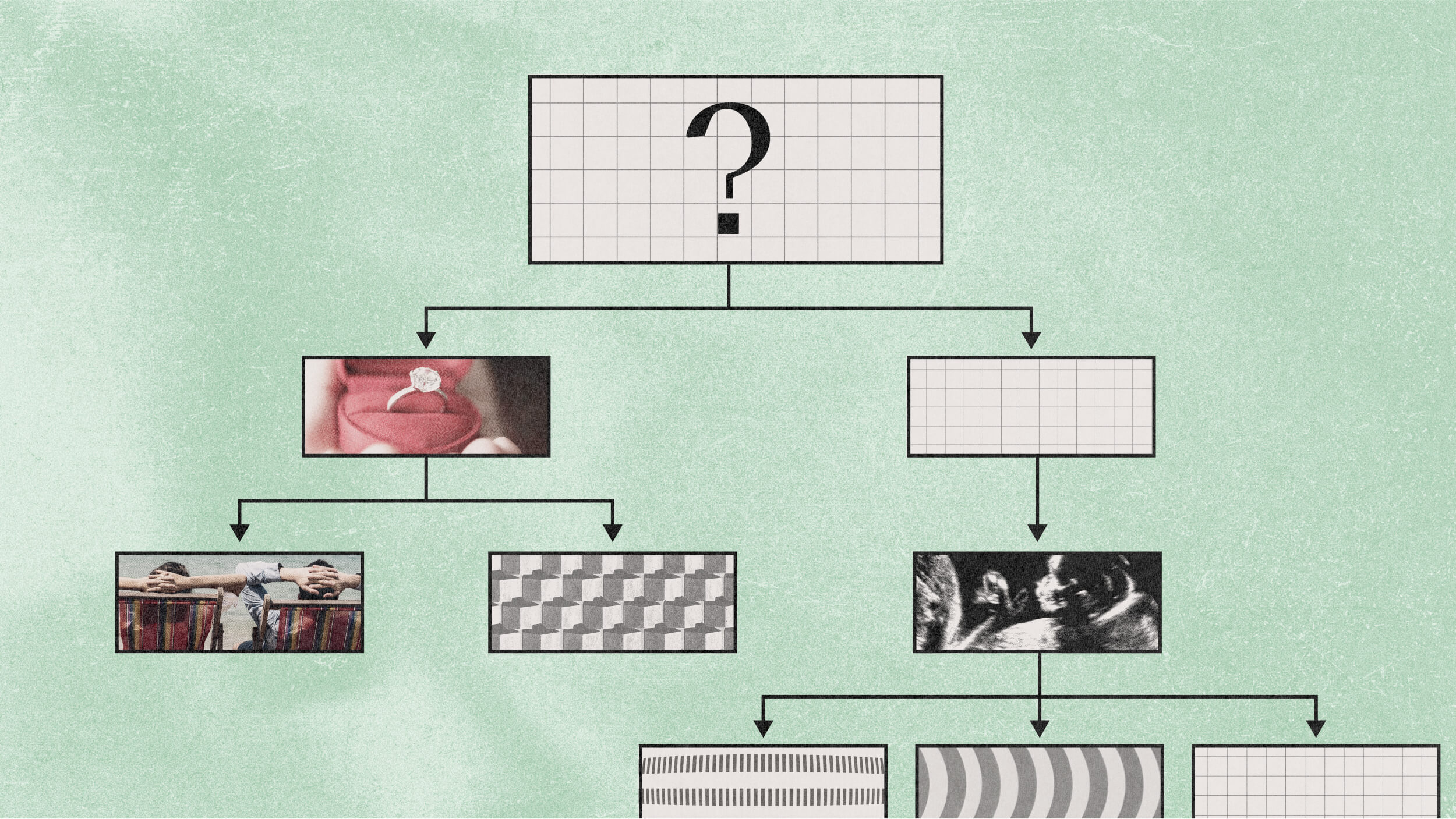Moving a Cemetery: How to Drag Higher Education into the 21 Century

Our university system is bloated, inefficient, too expensive, and increasingly out-of-sync with a digital society and global economy. Dr. Lawrence Summers, former Secretary of the Treasury and President of Harvard, is on a mission to change the way we think about higher education. In his new editorial in The New York Times, Summers proposes a number of sweeping changes, many of which are heretical to the college establishment. Is Summers telling the hard truths, or putting our nation’s educational structures at risk?
Summers frames his NYT op-ed around the following thought experiment:
“Suppose the educational system is drastically altered to reflect the structure of society and what we now understand about how people learn. How will what universities teach be different?”
Summers’s answer to the question draws support from several major tent poles of progressive academic thinking. Love it or hate it, content mastery is no longer a relevant skill for the majority of college majors. With a jaw-dropping store of knowledge available online, both publicly and through academic databases, it will become far more important to learn how to search, organize, and analyze information to answer the needs of complex modern problems. The recent Jeopardy Watson phenomenon highlights this potentiality, and frankly makes trivia seem, well, trivial. A theoretical example of this potential is elucidated by a commenter on Andrew Sullivan’s blog:
“Being a fan of The Next Generation, I loved watching Beverly Crusher go back and forth with her sickbay computer to diagnose a medical issue. You could see flashes of inspiration in Beverly’s eyes as the computer made connections that she had no way of making because it was tapping into to resources and databases her human mind could never store internally (or never even know about). But the “ta-da” moment came from Beverly as she connected the dots herself, and then bounced her logic off the computer to make sure it was sound, sometimes going several rounds before working it all out.”
To remain competitive in an information-equalized global economy, we need college graduates who can step back from niche specialization and find the hidden connections between fields that will power innovation in the next century.
Another major tenet of Summers’s argument for a sea change in higher education stems from the fact that the lecture model, unchanged for generations, has amassed more and more evidence against its efficacy. A study by Nobelist Carl Wieman published in Science Magazine in 2011, for instance, found that dropping the lecture component in introductory physics and using an interactive, peer-focused approach boosted comprehension by 20%. Students read the material ahead of time, come to class with questions about what they don’t understand, and the students teach each other under the guidance of the professor.
From a write-up of the study:
“It’s almost certainly the case that lectures have been ineffective for centuries. But now we’ve figured out a better way to teach” that makes students an active participant in the process, Wieman says. Cognitive scientists have found that “learning only happens when you have this intense engagement,” he adds. “It seems to be a property of the human brain.”
One way to uproot the lecture model, Summers suggests, is to convert lecture content into online videos that contain the best presentation of the core material, freeing up individual professors to spend more time on discussion, hands-on teaching, and research. Individual schools and colleges used to produce their own textbooks, until the market developed to use standardized sources that would be honed by competition to provide the best information and presentation. Lecture content could undergo the same transformation and greatly reduce costs.
Indeed, The Floating University, a joint partnership between Big Think and the Jack Parker Corporation, seeks to do just that, by providing access to America’s thought-leaders. Here’s Summers himself discussing academic freedom and the importance of ideas in a clip from his FU lecture:
No ideas are beyond question, but the long-entrenched ideas hobbling our university system and causing tuition costs to spiral out of control all too often go completely unquestioned. As Summers muses in his NYT article:
“My predecessor as Harvard president, Derek Bok, famously compared the difficulty of reforming a curriculum with the difficulty of moving a cemetery.”
There’s the rub: How do we move the graveyard of higher education without displacing the spirits of valuable knowledge, accreted over centuries? If you became the autocratic president of a university, what steps would you take to align college education with the structure of modern society?
Visit The Floating University to learn more about our approach to disrupting higher education, or check out Lawrence Summers’s eSeminar “The Authority of Ideas.”





